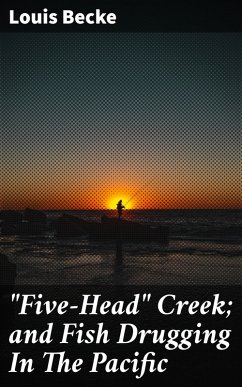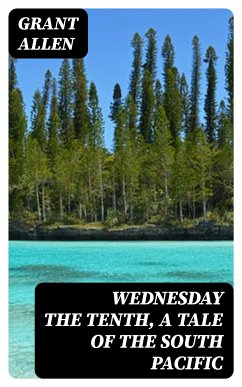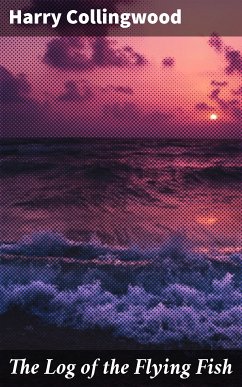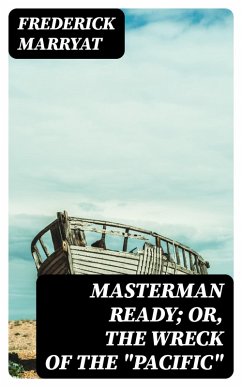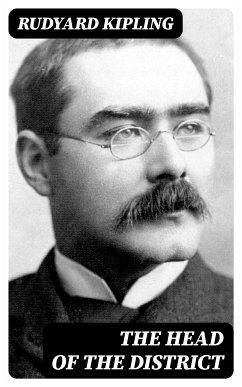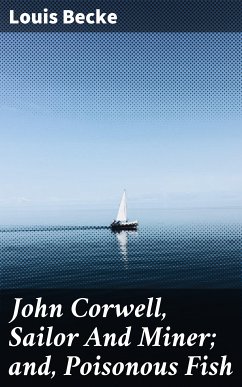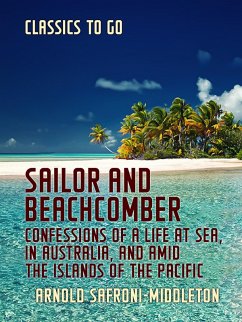
"Five-Head" Creek; and Fish Drugging In The Pacific (eBook, ePUB)
1901

PAYBACK Punkte
0 °P sammeln!
In "Five-Head Creek; and Fish Drugging In The Pacific," Louis Becke delivers an evocative narrative that intertwines personal observation and local lore from his travels in the South Seas. Set against the backdrop of a colonial Pacific, the book offers a vivid reflection on the intricate relationships between the islanders and their environment, using rich, descriptive prose typical of Becke's style. Through compelling anecdotes and a keen eye for cultural detail, the work examines indigenous fishing practices and the impact of external influences on traditional lifestyles, effectively groundi...
In "Five-Head Creek; and Fish Drugging In The Pacific," Louis Becke delivers an evocative narrative that intertwines personal observation and local lore from his travels in the South Seas. Set against the backdrop of a colonial Pacific, the book offers a vivid reflection on the intricate relationships between the islanders and their environment, using rich, descriptive prose typical of Becke's style. Through compelling anecdotes and a keen eye for cultural detail, the work examines indigenous fishing practices and the impact of external influences on traditional lifestyles, effectively grounding itself within the literary tradition of travel writing and ethnography. Louis Becke, a noted author and sailor who spent significant time in the South Pacific, draws heavily on his own experiences in these waters. Born in Sydney in 1855, Becke's life was marked by adventure and hardship, with extensive travels leading to a profound understanding of Pacific island cultures. His literary interest in the region echoes the broader colonial debates of his time, reflecting the tension between admiration and exploitation that characterized many Western interactions with indigenous peoples. For readers interested in maritime literature and ethnographic accounts, "Five-Head Creek; and Fish Drugging In The Pacific" is an indispensable addition to the canon. Becke's firsthand insights provide a rare glimpse into a rapidly changing world, making this book a vital resource for those who wish to explore the complexities of Pacific life and the effects of colonialism. It is recommended for both scholars and general readers seeking to gain a deeper understanding of this unique cultural landscape.
Dieser Download kann aus rechtlichen Gründen nur mit Rechnungsadresse in A, B, BG, CY, CZ, D, DK, EW, E, FIN, F, GR, H, IRL, I, LT, L, LR, M, NL, PL, P, R, S, SLO, SK ausgeliefert werden.




